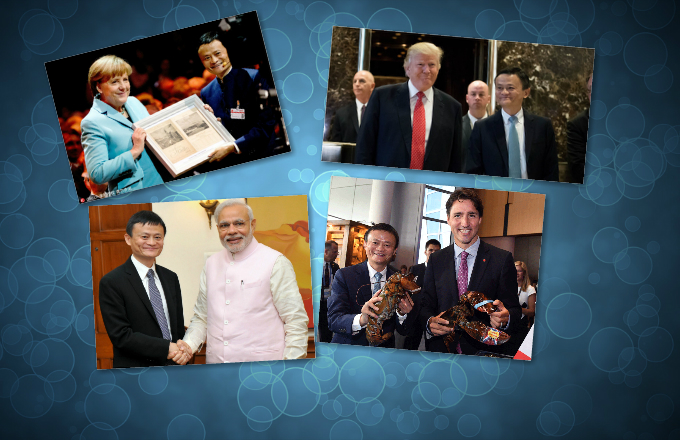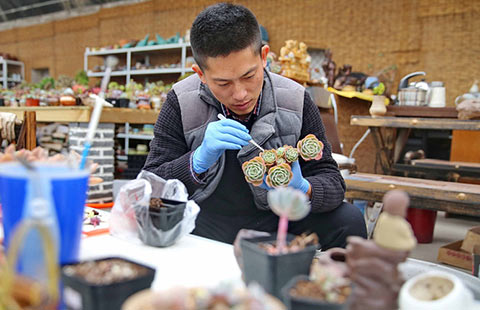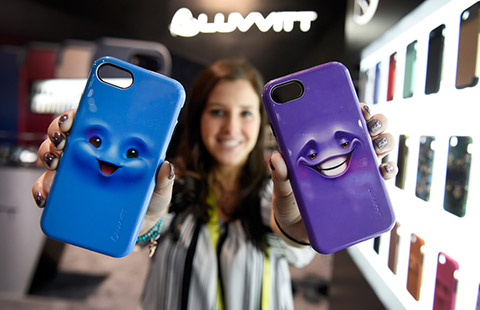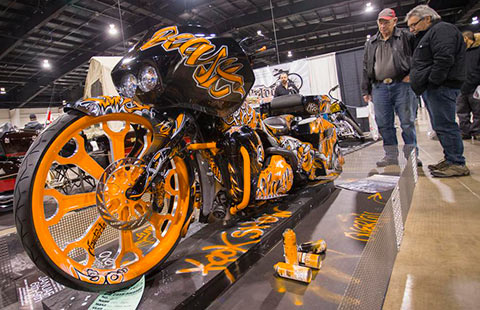Tests find some cellphones may catch fire, explode
Tests ordered by Zhejiang provincial authorities in East China found that products from a number of cellphone makers - including Samsung Group, Sony Mobile Communications AB (formerly Sony Ericsson), Motorola Mobility LLC and Nokia Corp - are substandard and can cause fires and explosions.
The test, organized recently by the Zhejiang Provincial Administration for Industry and Commerce, found 27 out of the 36 batches of sample cellphones, or 75 percent, were of inferior quality, with 20 batches failing to pass the battery heating test, one of the critical safety benchmarks.
Other brands with problems were Royal Philips Electronics, HTC Corp, ZTE Corp, K-Touch, TCL Corp, Huawei Technologies Co Ltd, Hisense, Lenovo Group Ltd, Desay, Amoi, Vivo, Ebest and Coolpad.
Jin Lei, a public relations officer of HTC China, said on Thursday the company will launch an investigation into the issue and release the results as soon as possible. Other brands, including Samsung, Huawei, Sony Mobile and Lenovo, did not respond by press time Thursday.
The revelations came after a rash of cellphone explosions in recent years. In one of the most serious cases, a young woman in Beijing had her leg and left hand burned in April after her cellphone exploded in her pants pocket.
Public concern about phone quality prompted the authority to launch the inspection, and the test was carried out by a Guangzhou-based telecom-products test center designated by the Ministry of Industry and Information Technology, according to the Zhejiang administration.
All the sample products were collected from authorized retail outlets of China Mobile, China Unicom and China Telecom - the country's largest telecom operators.
Tests were carried out on the products' general function, battery capability and quality of chargers, and it has been found that most of the defective phones could not pass the heat exposure as required by the national standard.
"If a phone doesn't pass the heating test, it can easily lead to a short and start a fire, especially when it is kept in a hot place for a long time," said Wu Yuping, a professor at Fudan University's Chemistry Department. "It is very dangerous."
Other defects found by the Zhejiang authority include an inferior audio frequency, which will reduce the connection quality, and insufficient battery capacity.
The Zhejiang administration said it has combed the market for the substandard batches and launched probes into these cases. Retailers were requested to stop selling them and recall those they had.
Consumers can demand a refund if they bought these inferior products, the administration said. They can also file a complaint via the hotline of 12315.
Shen Jingting in Beijing contributed to this story.























